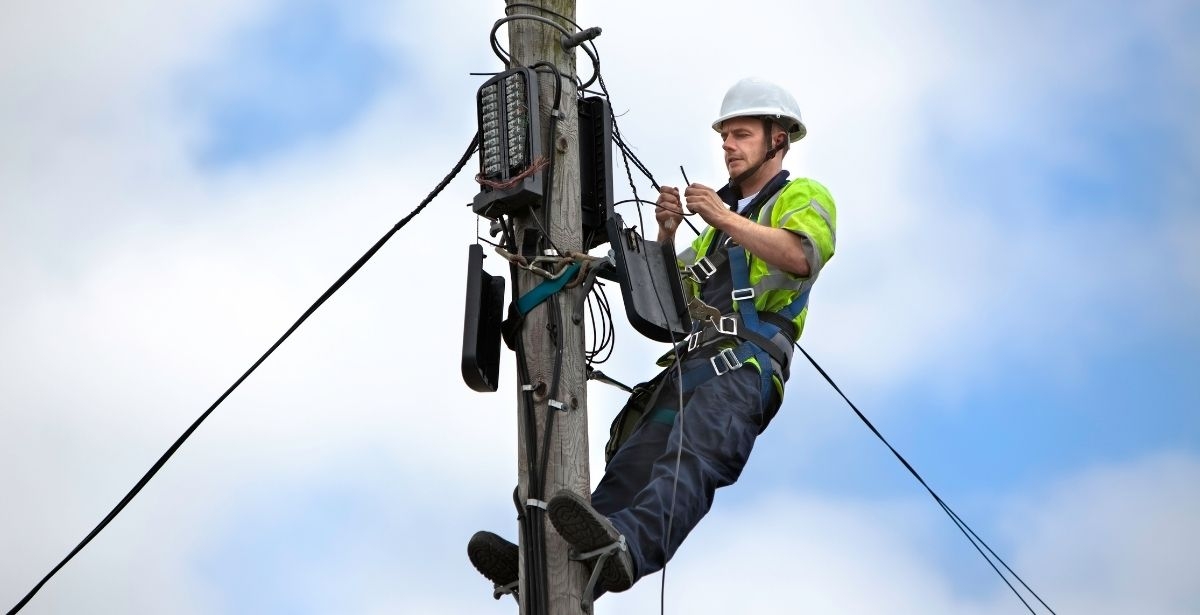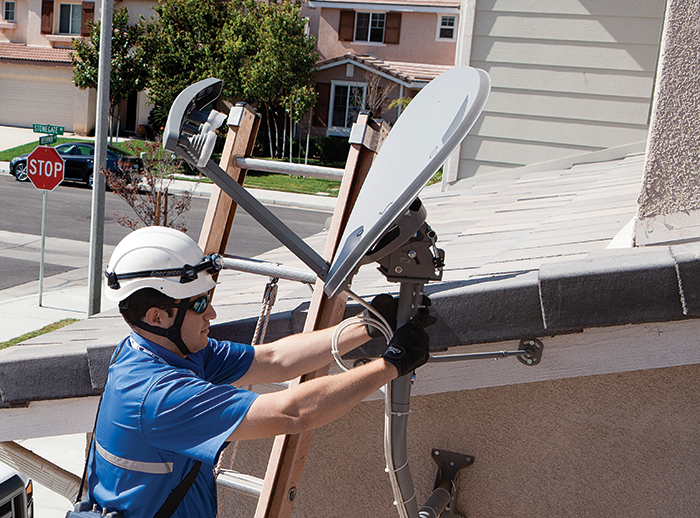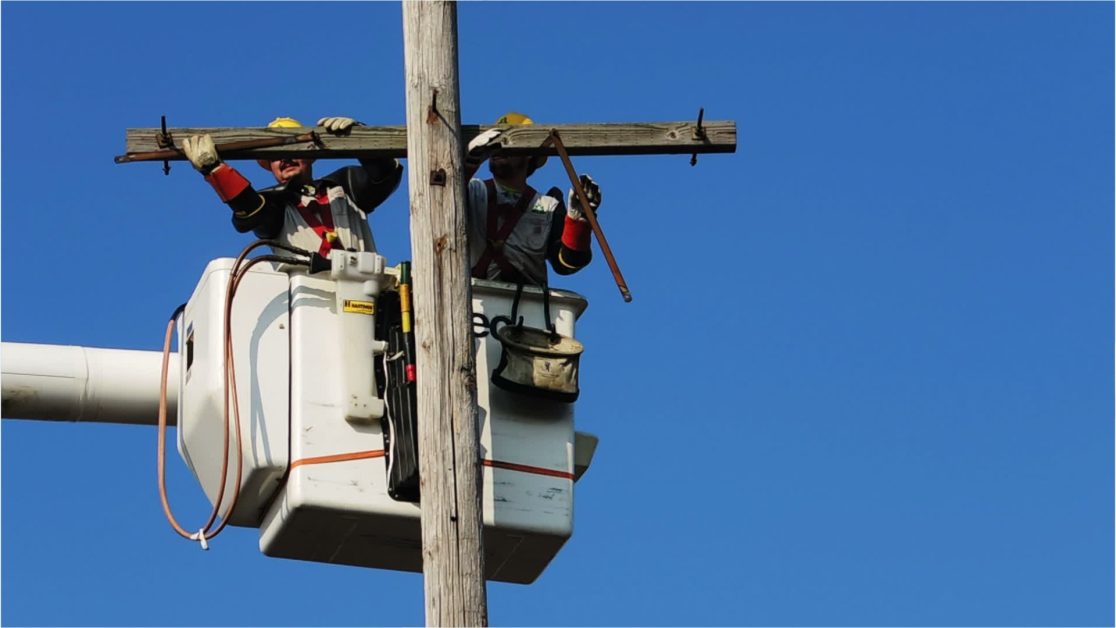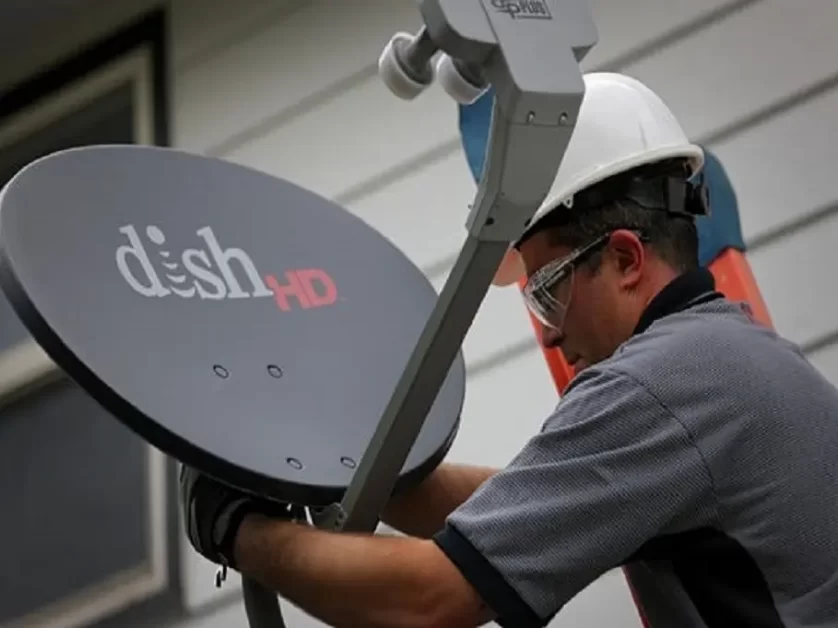List of Jobs in Telecommunications Equipment (2025 Update)
Looking for jobs in telecommunications equipment? This article will list the 15 best telecommunications jobs and their benefits.
What is telecommunications equipment?
Telecommunications equipment encompasses a wide range of equipment used mainly for telecommunications. They include equipment such as transmission lines, base transceiver stations, etc.
Most telecommunications equipment is hardware and requires software to enable the user to assess it. This means that the technicians working on telecommunications equipment need vast knowledge and experience on both hardware and software devices.
This equipment helps to create a passage of information, audio, video, and messages.
15 Best Jobs in Telecommunications Equipment
According to the Telecom global market report, “The global telecom market grew from $2,642.14 billion in 2021 to $2,879.75 billion in 2022 at a compound annual growth rate (CAGR) of 9.0%.”
This proves that there’s a large market in the room for those who want to advance their skills, especially in telecommunications equipment. The world has never needed telecommunications as it does today.
The COVID-19 pandemic caught the world at its tail and pushed everyone to embrace the advantages of the online space. It led to more rises in money and ROI for those who took the opportunity for space.
There are a lot of jobs in telecommunications equipment, and with the right skill set, you can get a job offer. If you are interested in a profession in telecommunication equipment, here are some jobs you can choose from.
1. Data scientist or data analyst

The world itself supplies and needs a large volume of data, whether it’s for research, market analysis, business opportunities, etc. The telecom industry is no different from the rest. With a large amount of data acquired daily, they need help to sort and manage the data for marketing purposes.
This is where a data scientist or data Analyst comes into play. If you’re good with numbers, sorting, and managing data, this job is great.
Data scientists help the Telecom industry predict the type of products they would like to use based on the data they access. They turn data into marketable options and provide security for their collected data.
2. Computer programmer

Telecommunications equipment is hardware devices that require software to access and use it. The role of a computer programmer is to test and write new codes while also implementing them.
If you have a vast knowledge of Java, Python, and other programming languages, this is a good fit for you. It’s a simple job but can also be very demanding. The programs are written to assist the computer in solving a problem.
3. Telecommunications Manager

A telecommunications manager oversees all areas of a company’s telecommunications operations. Their job is to Monitor performance and make appropriate modifications, Manage all areas of telecommunications operations, and create and implement policies and procedures.
It is, without a doubt, one of the best jobs in telecommunications equipment.
4. Instrumentation and Control Design Engineer

IC engineering is a specific field of engineering that requires you to design control systems for monitoring and manufacturing processes. The role of an IC engineer consists of discovering new methods, managing and calibrating equipment, and creating new tools to assist workers in their jobs. An IC engineer needs to be well-versed in electrical components and how they can assist in telecommunications design.
5. Fiber Optic Technician

Fiber optics are used to transmit telephone, internet, and computer signals from one end to another. Fibrer optics technicians are a huge asset to the telecommunications industry and need to be managed properly.
The role of a fiber optic technician is to ensure the finer optics are in good condition. They also repair and rewire fiber optics, inspect and ensure the faulty ones are replaced with good ones.
6. Cyber Security Technician

Many of your personal information is on the internet, such as your bank pin, your address, and confidential information, and they need to be protected at all costs. This is where a cyber security technician comes into play.
They monitor the firewalls and ensure that it’s well-protected by conducting a few test runs on the servers. They also assist the telecommunications industry by improving the server’s security and performing hardware and software upgrades.
7. Network/Cloud Architect
In most telecommunications equipment jobs, even though they are dependent, they still rely on each other to make the work successful.
Cloud architects are left with the responsibility of managing cloud computing organizations. They solve the problem through the data they get from the data scientist or data analyst.
8. Antenna Engineer

An antenna engineer is also an electrical engineer. They create and develop antennas and other communication devices. They work with other electrical devices such as modems, radio satellites, and Satellites equipment.
9. Satellite Dish installer

Satellite dish installation is undoubtedly one of the best jobs in telecommunications equipment. Your job as a satellite dish installer is to install and adjust satellite dishes so that they receive a good signal.
10. Wireless Engineer

A wireless technician, also known as a wireless communications technician, is a tech support person who repairs wireless devices. You repair devices such as cell phones and PDAs as a wireless technician. Job activities include building and maintaining cell towers, designing wireless networks, and debugging systems, software, and hardware faults.
11. Line installers

Line installers are in high demand in the telecommunications industry. They are responsible for installing new lines, which they accomplish by erecting utility poles, towers, and underground tunnels to transmit the wires and cables needed to operate communications equipment like telephones and televisions.
12. Broadband Engineer

The duties of a broadband engineer include installing, maintaining, and repairing telecommunications networks. They are frequently responsible for ensuring that the telecommunications link is active, creating user accounts, and monitoring network activity.
13. Dish Network installer

As a Dish Network installer, your duty is to set up satellite equipment so that a facility can get television, internet, or other satellite-provided services. In this role, you can plan installations with building managers, ensure every computer can connect to the recently built network, and fulfill your duties by setting up dishes in high-traffic areas as necessary.
14. Telecom Project/ Equipment Manager
Equipment managers inspect the equipment’s functionality and supervise ongoing projects within the telecommunications company. It is one of the most sought-after positions in the telecommunications sector.
15. Telecommunications Cal Representative

If you want to start a telecommunications equipment job at the entry level, this is a great place to start. If you have adequate knowledge of what telecommunications are about and you can explain for others to understand. You can start by being a customer care representative.
Read: 10 Best Online Colleges That Pay you to Attend
Benefits of Telecommunications Equipment Jobs
One major benefit of Telecommunication equipment jobs is the fact that it’s in high demand as Tech is gradually leading the world to a better place.
Telecommunication equipment jobs also offer job security and have various job openings that allow you to switch from one profession to another if you desire. Some are very flexible and can be obtained through freelance such as data analysis, computer programmers, etc.
Jobs and careers in tech seem to be ever-evolving and developing. There are wider and deeper jobs in telecommunication equipment, which is only an up-niche of the telecommunications industry. We hope this has helped you broaden your horizons and look further into what technology holds for us.

